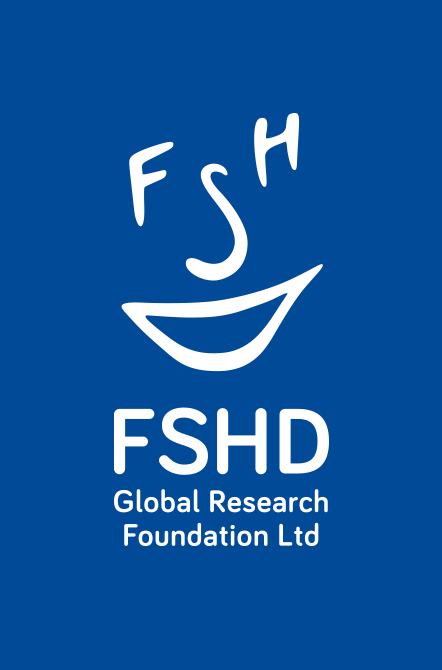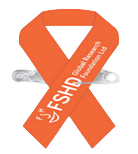GRANT 29
Research Institution: Victorian Clinical Genetics Services, Victoria, Australia
Principle Investigator: Desiree Du Sart & Dr Melissa Chow
Type: International Collaboration
Project title: “Training Agreement to Netherlands”
Status: Completed
Summary
Dr Melissa Chow was sponsored by FSHD Global to attend three weeks of intensive training in state of the art genetic diagnosis, in the FSHD research laboratory at Leiden University Medical Centre, headed by Pro. Silvere van der Maarel. Melissa was trained by Dr Richard Lemmers and Mr Patrick van der Vliet, who are experts in genetic diagnosis of FSHD. The training involved testing blood samples that Melissa brought from FSHD affected people in Australia, and analysis of the results involving complicated techniques that the Leiden group have mastered.
There are 2 different types of FSHD; 95% of cases are FSHD1 and about 2% are FSHD2, which involves a different gene called SMCHD1. FSHD1 is caused by the combination of both the shortening of a normally highly repeated DNA (genetic) region on chromosome 4 called D4Z4 and the presence of a repeated sequence of DNA bases called a poly-A signall, present on the chromosome 4, 4qA allele, but not he 4qB allele. FSHD2 is caused by the combination of the presence of the 4qA allele and decreased methylation (gene blocking) or epigenetic control of the D4Z4 region, a different mechanism.
During her training Melissa learned state-of-the-art methods, including making DNA in gel blocks, enzyme digestion of DNA and identification on a “pulsed -field” gel to identify the 4qA allele. She also learned a third method used for methylation testing for FSHD2 cases. Another method Melissa learned was to detect simple DNA length changes using capillary electrophoresis. Part of her training involved results analysis. FSHD cases can be quite complex. So, it is very important that comprehensive clinical information is provided by referring doctor for proper results analysis.
The FSHD clinical service being set up as a result of Melissa’s FSHD Global sponsored training will involve testing of the D4Z4 microsatellite size and the 4qA allele typing for FSHD1. Currently no other Australian diagnostic laboratories offer 4qA allele typing, or SMCHD1 gene sequencing, which is specific for FSHD2. These tests are standard current practice in the Leiden and other international diagnostic laboratories, but not currently offered by any other Australian Laboratory.
This FSHD Global funded training exercise ensures the VCGS is now well placed to provide current state of the art diagnostic services for Australian FSHD patients and families. In addition, continuing research on any complex cases will be referred onto the Leiden team to collaborate with them on any advances in the genetic diagnosis of FSHD.




